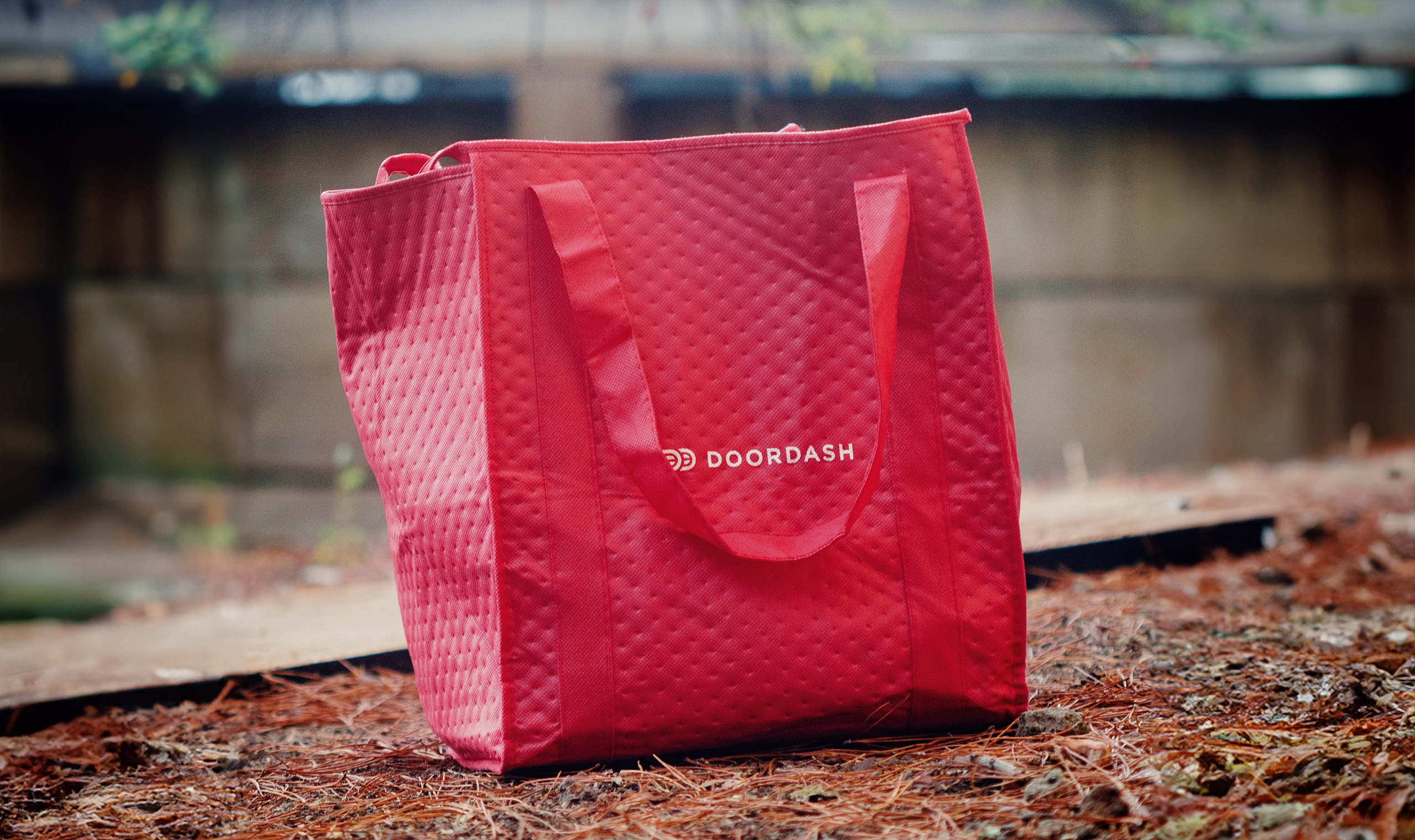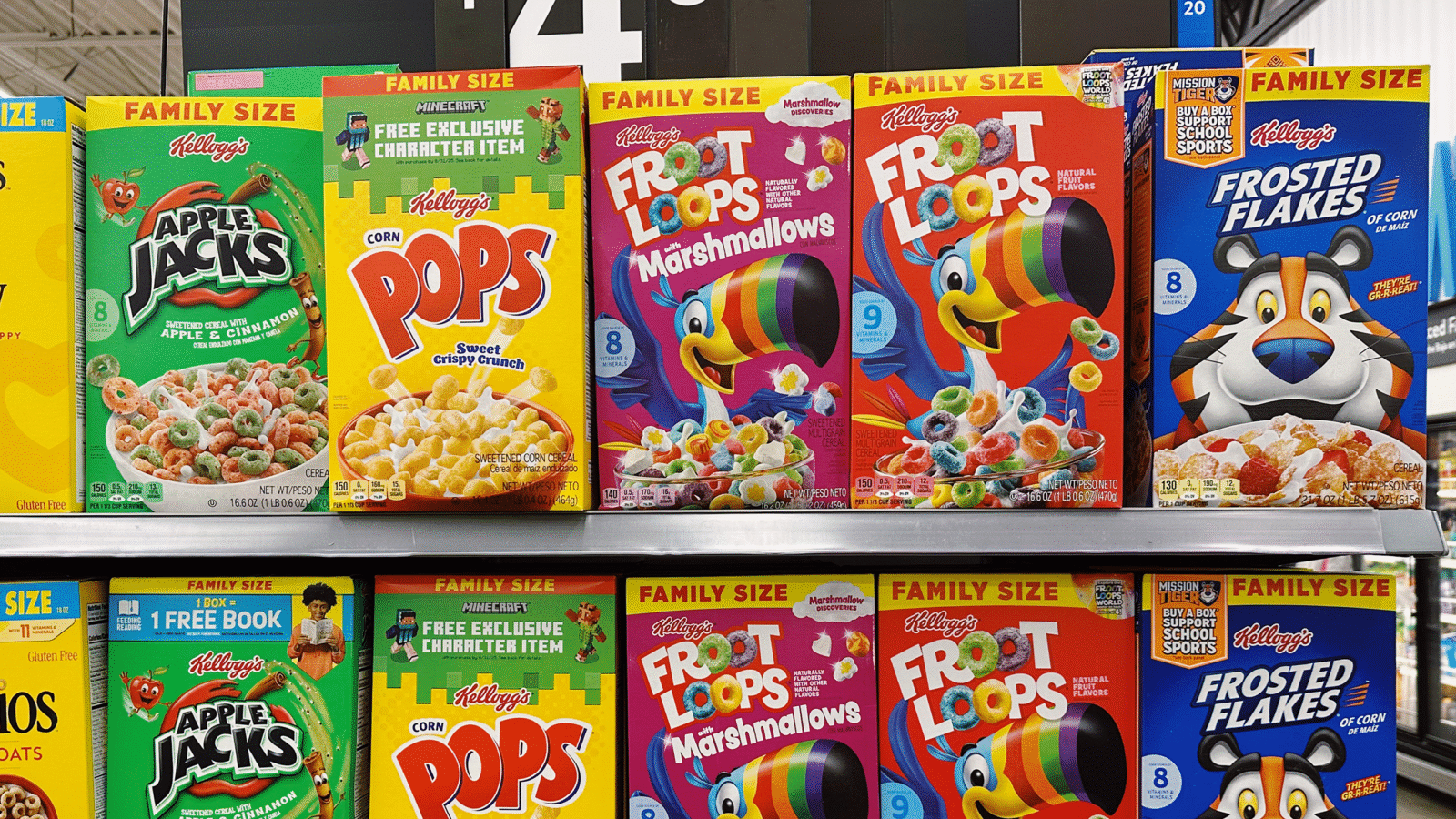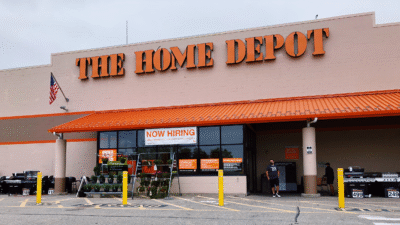DoorDash to Test Savings Program in Pennsylvania
Starting this summer, DoorDash will contribute to savings accounts for its delivery couriers in Pennsylvania.

Sign up for smart news, insights, and analysis on the biggest financial stories of the day.
Delivering food through an app is starting to feel a little bit like a regular job.
Starting this summer, DoorDash will contribute to savings accounts for its delivery couriers in Pennsylvania for a limited time, and the funds can go toward retirement or paying off health insurance premiums.
Your Order Has Arrived
Services in the gig economy like DoorDash, Uber, and Instacart wouldn’t be where they are today without massive fleets of independent contractors — workers who are not considered employees and who don’t get benefits like health insurance, 401k contributions, and sick or vacation days.
But pressure is mounting from workers groups and lawmakers for gig services to provide their contractors with better pay and the means to, you know, actually make a living in this high-interest-rate, high-inflation environment. Late last year, New York City made it so that delivery workers are paid at least $17.96 per hour.
DoorDash — which claims most of its couriers spend less than four hours a week making deliveries and already have other sources of income that provide benefits — is testing the waters in the Keystone State to see if giving some benefits to workers across all markets is even feasible:
- From April through September, DoorDash couriers in the state who earn at least $1,000 in the second quarter of the year (excluding tips) will be eligible for a savings account managed by Stride.
- Starting in July, the company will start making monthly contributions to the accounts equal to 4% of couriers’ pre-tip earnings; couriers can add personal funds to the account as well.
Cost of Doing Business: By solely looking at the market caps of gig economy businesses — Upwork ($1.6 billion), DoorDash ($56 billion), Uber ($163 billion) — you’d be forgiven for thinking these are some of the best-performing companies out there. In reality, many lose money each year. Uber ended the year in the black for the first time ever in 2023, posting a $1.1 billion profit compared to its $1.8 billion loss in 2022.
Meanwhile, DoorDash reported a net loss of $558 million — a 59% improvement from 2022, but still a loss. Now factor in the more than 7 million Dashers who earned some $15 billion last year, and you can see why DoorDash and the like have been fighting tooth and nail to make sure those independent contractors don’t become salaried employees.











